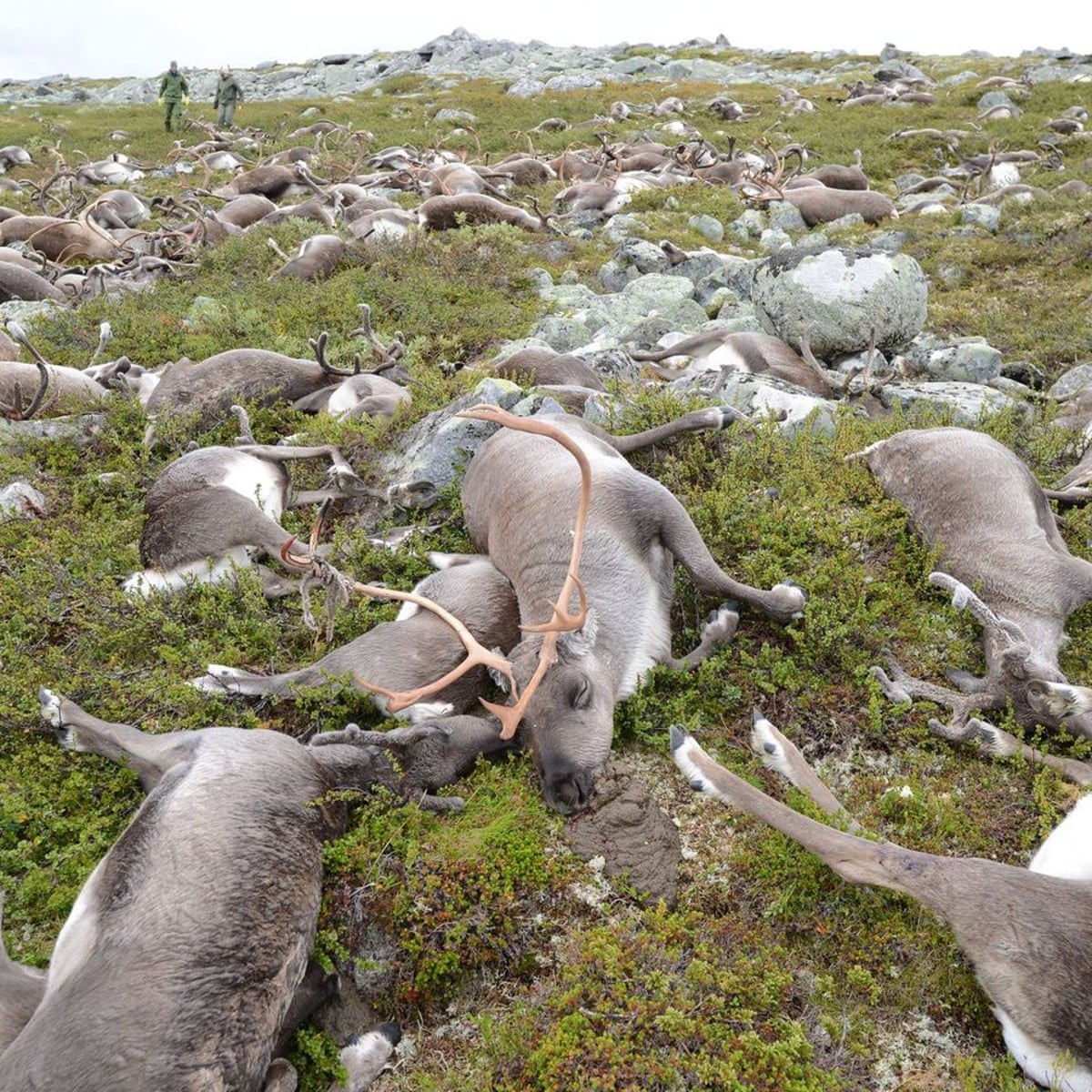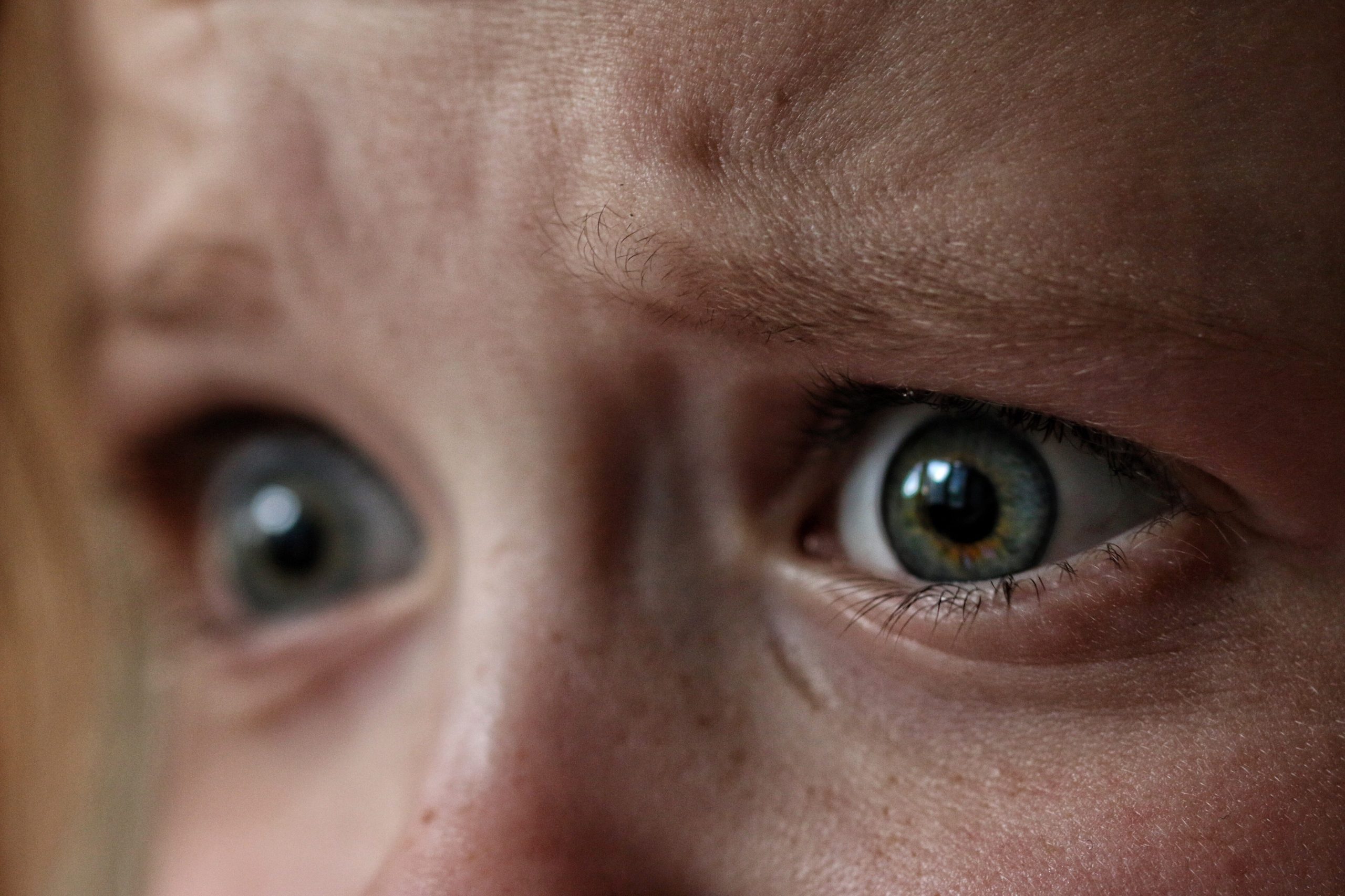Deer are most afraid of predators and human activity. They are naturally wary of any perceived threats that could harm them or their offspring.
Deer are fascinating animals that are widely distributed across the world. They are known for their distinctive appearance, gentle nature, and impressive ability to run at high speeds. However, despite their seemingly calm demeanor, deer are also known for their innate sense of danger and their tendency to be easily frightened.
Their natural instincts and survival instincts make them highly aware of their surroundings and anything that could pose a potential threat. In this article, we’ll explore some of the common predators and human activities that deer are most afraid of, and how they respond to those threats. Whether you are an avid hunter, nature enthusiast, or simply curious about these magnificent creatures, understanding what makes them tick is an essential part of appreciating their unique place in the natural world.

Credit: www.theguardian.com
Contents
Understanding Deer Behavior
Deer are generally skittish animals, and they’re designed that way due to their survival instincts. Any kind of sudden movement, loud noise, or strange odor can easily scare them off. Typically, the fear of predators such as bears and wolves conjure up their anxiety.
Humans are included in this; human scent can easily spook them. Some other things that make them nervous include cars or atvs, dogs, and unfamiliar or new objects. Additionally, if they feel cornered or threatened, they may lash out in self-defense.
Understanding their fear will help you interact better with them, especially if you have a keen interest in learning more about these beautiful creatures.
Natural Predators: The Top Fear Of Deer
Deer have plenty of natural predators, which is undoubtedly their top fear when living in the wild. Many of these predators hunt deer for food, including predators such as wolves, coyotes, cougars, and bears. However, even smaller predators like foxes pose a risk to deer fawns.
Additionally, deer are also naturally afraid of humans. Understandably, they recognize us as a predator and are afraid of our presence. In recent years, cars have increasingly become a threat to deer, and this is particularly true in areas where deer populations are dense and where roads and highways are close by.
Other concerns that deer have include disturbances in their habitat and changes in their environment, such as loud construction noises or the smell of certain chemicals.
Man-Made Fears: What Humans Do That Scare Deer
Deer are naturally shy, but human actions can make matters worse. Hunters, hikers and off-road vehicles can ruin their surroundings, leading deer to flee. Scents from perfumes or cleaning products frighten deer as they recognize no natural odor. Dogs and pets equally terrify them, as do sudden movements or loud noises.
Bright lights offer another reason for deer to be startled, as their eyes are adjusted to the dark. Lastly, if you block their path or corner them, deer feel threatened and attack. For all of these reasons, it is important for humans to respect nature and give deer their necessary space to live without fear.
Frequently Asked Questions Of What Are Deer Most Afraid Of?
What Smells Deter Deer?
Deer dislike strong scents, such as those produced by garlic, chili peppers, mothballs, fabric softener sheets, and commercial deer repellents available on the market.
What Are Natural Deer Deterrents?
Plants with sharp textures or strong scents such as lavender, thyme, sage, and rosemary can effectively repel deer. Motion-detecting sprinklers, nets, and fences also work well.
What Is The Best Way To Scare Deer Away?
Several techniques, including loud noises, flashing lights, and animal decoys can be effective at scaring deer away. However, these methods may not always work.
Conclusion
Through this post, we conclude that there are several things that deer are most afraid of, which include the presence of predators, unfamiliar or loud sounds, and sudden movements. To avoid scaring off deer, it is important to remain calm and still, avoid wearing bright colors, and use natural scents to attract deer.
It is also crucial to maintain a safe distance and refrain from making any sudden movements. Finally, it is important to keep in mind that deer are wild animals, and we should always respect their space and natural habitats. If you’re planning on going hunting or simply want to observe deer in their natural environment, it is essential to be mindful of their behaviors and what may scare them away.
With the right approach and a bit of patience, you can enhance your chances of seeing these majestic creatures up close while keeping them safe at the same time.

